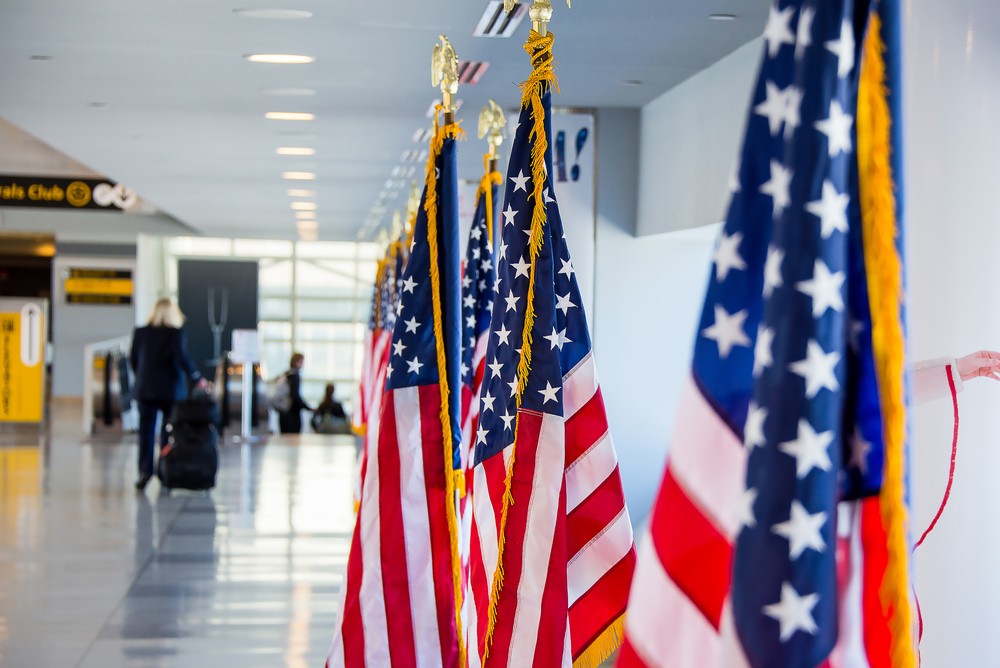Key Takeaways
- Signals from Trump’s circle hint at plans to delay or cancel the 2028 election.
- Leaders have used fear and emergency laws to control citizens for centuries.
- Trump’s orders for nuclear tests and domestic troops echo past authoritarian moves.
- He could invoke the Insurrection Act to suspend voting under a “crisis.”
- Citizens and courts may be the last line of defense for a free vote.
Why the 2028 Election Might Not Happen
The talk of suspending or canceling the 2028 election seems like fiction. However, every sign from Trump’s team suggests they aim to use fear and chaos as political tools. They call protesters “domestic enemies” and train troops for “rapid reaction.” If they succeed, Americans may see no fair 2028 election.
A History of Power Through Fear
In 1798, President John Adams jailed critics under the Alien and Sedition Acts. He claimed an outside threat justified silencing newspapers. In the 1970s, Governor Reagan’s angry words helped lead to the Kent State massacre. Guards fired on student protesters, killing four people. Today, dictators like Putin and Orbán use the same fear tactics. They wrap repression in patriotism. They warn of enemies within. They use emergency powers to crush dissent.
Modern Warnings from Trump’s Moves
Recently, headlines read that Trump orders nuclear tests and targets America’s own citizens. He praised using “reaction forces” to break up protests. He told troops to plan demonstrations of nuclear bombs. In other words, he wants to scare people into submission. He also told all 50 state guards to plan for domestic clashes. He seems to be setting up a crisis to justify cancelling the 2028 election.
The Three Steps to Suspend an Election
First, his officers push for clashes in major cities. They hope for violent scenes that make headlines. Next, he will use those clashes to declare an “insurrection” and invoke the Insurrection Act. That law lets him deploy the military at home. Finally, under the cover of emergency powers, he may delay or cancel the 2028 election “until the threat ends.” At that point, he could claim extra time or authority to keep power.
The Threat of a Nuclear Show
Trump’s talk of “exploding” American nukes is more show than science. Our bombs already work, so tests are a threat. By hinting at nuclear blasts, he wants citizens to fear global war. Leaders in wartime have extra powers. If people live in fear of an attack, they may accept tight controls at home. This nuclear threat fits into his plan to tighten his grip before the 2028 election.
Courts and Allies on the Brink
The Supreme Court now debates whether federal police and the National Guard count as “regular forces” under the law. If they do, Trump can send any agency to crack down on protests. He also reshuffles military leaders with loyalists. He plans to choose friends among world powers that back his style of rule. Will he stand with democracies or join authoritarians like Russia and China? His past moves point toward a new “allies vs. axis” scenario where U.S. democracy loses out.
What Comes Next for America
Citizens, activists, and some governors have begun to speak out. California’s governor warns that without a fight, the 2028 election will be a “Putin-style” vote. Voters must stay alert. They need to watch for staged crises in 2026 and 2027 that could justify emergency powers. They must support court challenges that protect free elections. They must back clear voting rules and transparent ballots. Otherwise, the plan to delay or cancel the 2028 election may succeed.
In short, the fight for the 2028 election is already underway. History shows that fear and crisis give leaders a path to seize power. Today’s warnings from Trump’s orbit mirror those old tactics. It’s up to citizens and courts to stop a replay of authoritarian rule. The next vote may depend on our willingness to speak up now.
Frequently Asked Questions
What is the Insurrection Act and how could it affect voters?
The Insurrection Act lets the president use the military to stop rebellions or enforce laws at home. If a leader declares an “insurrection,” they can send troops into cities, shut down gatherings, and delay elections. This power risks silencing protests and freezing a free vote.
How do “rapid reaction forces” threaten democracy?
Rapid reaction forces are military or police units trained for quick action. If they focus on domestic unrest, they can break up protests, intimidate voters, and enforce curfews. This heightens fear and can be used to disrupt fair campaigns before an election.
Could the Supreme Court block a suspended election?
Yes. The Supreme Court can rule to limit the president’s use of emergency powers. If the court says the president oversteps the law, states may keep voting or hold their own elections. Court battles will be a key defense against any canceled 2028 election.
How can citizens protect the 2028 election?
Voters can stay informed, support transparent election rules, and back organizations that monitor ballots. They can pressure representatives to reject emergency laws that suspend votes. By speaking out, attending town halls, and voting in every local and midterm race, citizens can defend a free and fair 2028 election.
